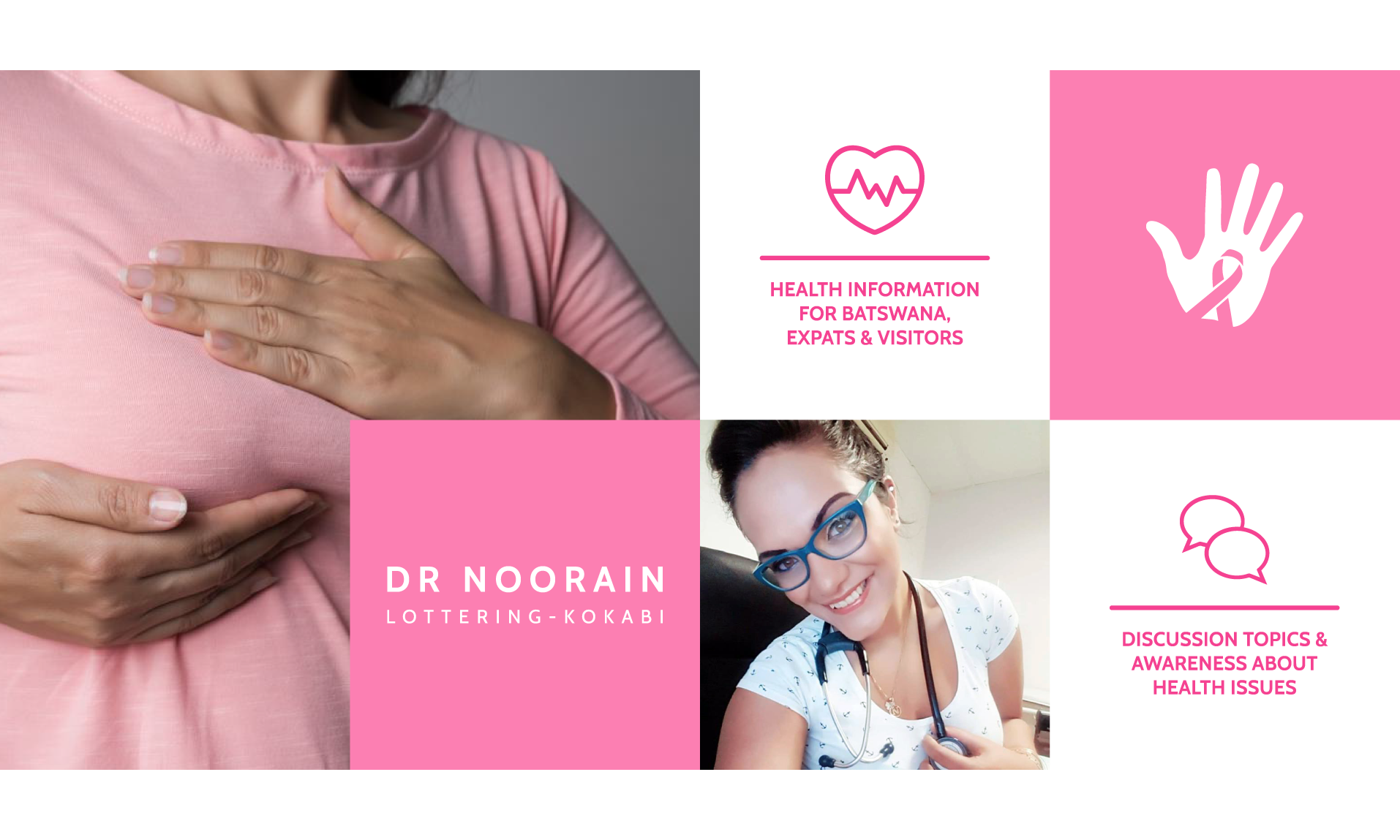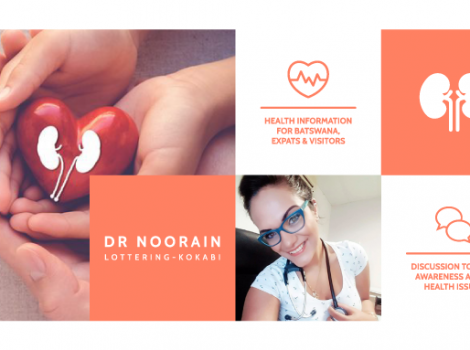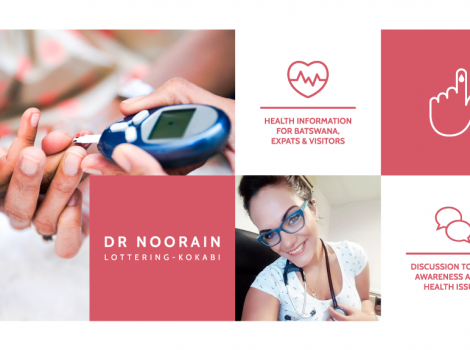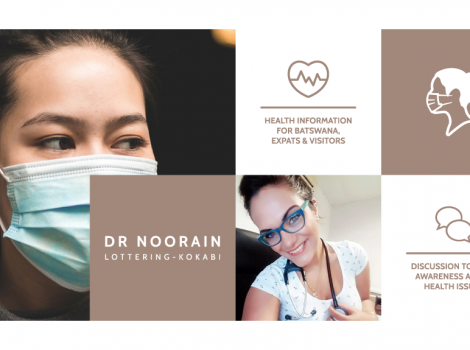It’s October! What does that mean? Well, apart from it being the spooky Halloween month, people around the world are donning their pink ribbons, pink shirts, embarking on walks, fun days, shave-a-thons, all in the name of breast cancer. So friends, if you did not know, now you do… October is Pinktober: Breast Cancer Awareness Month.
What exactly is breast cancer?
As the name suggests, this is a cancer of the cells of the breast due to a rapid increase in the number of these cells. This results in a lump forming within the breast that can be felt from the outside. However, it is important to note that not all breast lumps are cancerous; in fact, most breast lumps are not cancerous at all (these are called benign breast tumours). Breast cancer spreads throughout the body when these cancer cells get into the blood or lymph nodes (this is called metastasis).
Who can get breast cancer?
This seems like an odd question, because only women have breasts, right? WRONG! Contrary to the popular belief that only women can get breast cancer; the truth is, although less common, men are also at risk at developing breast cancer because they too have breast tissue on their chests! Therefore, both males and females out there should be wary of abnormal lumps that develop in the chest/breast area.
Other factors that increase the risk of breast cancer include:
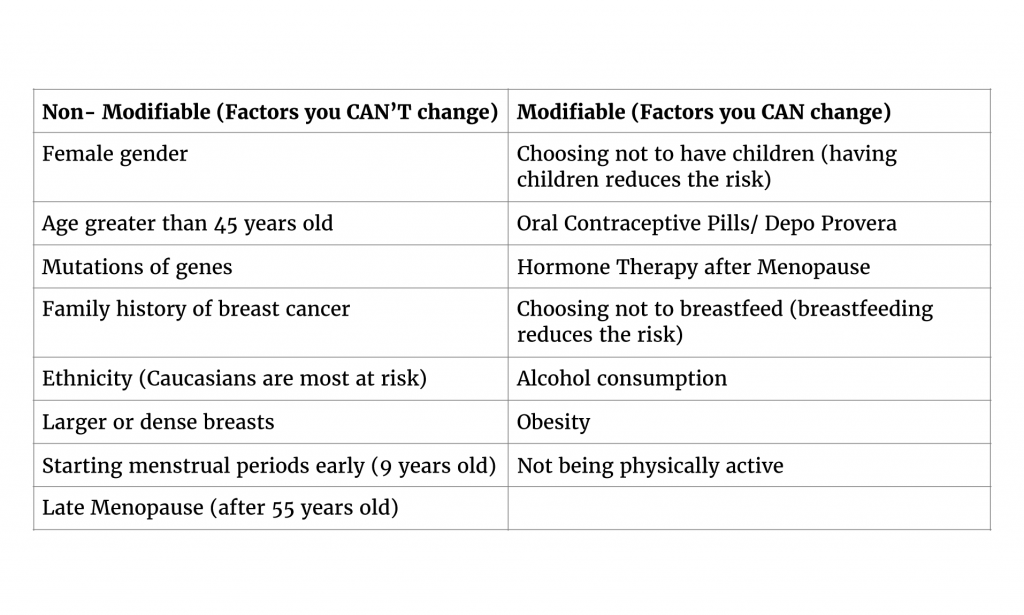
What is screening and what is the importance of it?
Screening refers to tests and exams used to find a disease in a person before symptoms can develop. The goal of screening tests for breast cancer is to find it before symptoms like a lump can be felt. The earlier breast cancer is detected, the earlier the diagnosis can be made and treatment received, which means a better outcome for the person. Screening for breast cancer includes regular home breast examinations once a month and having regular mammograms (x-ray pictures of the breast).
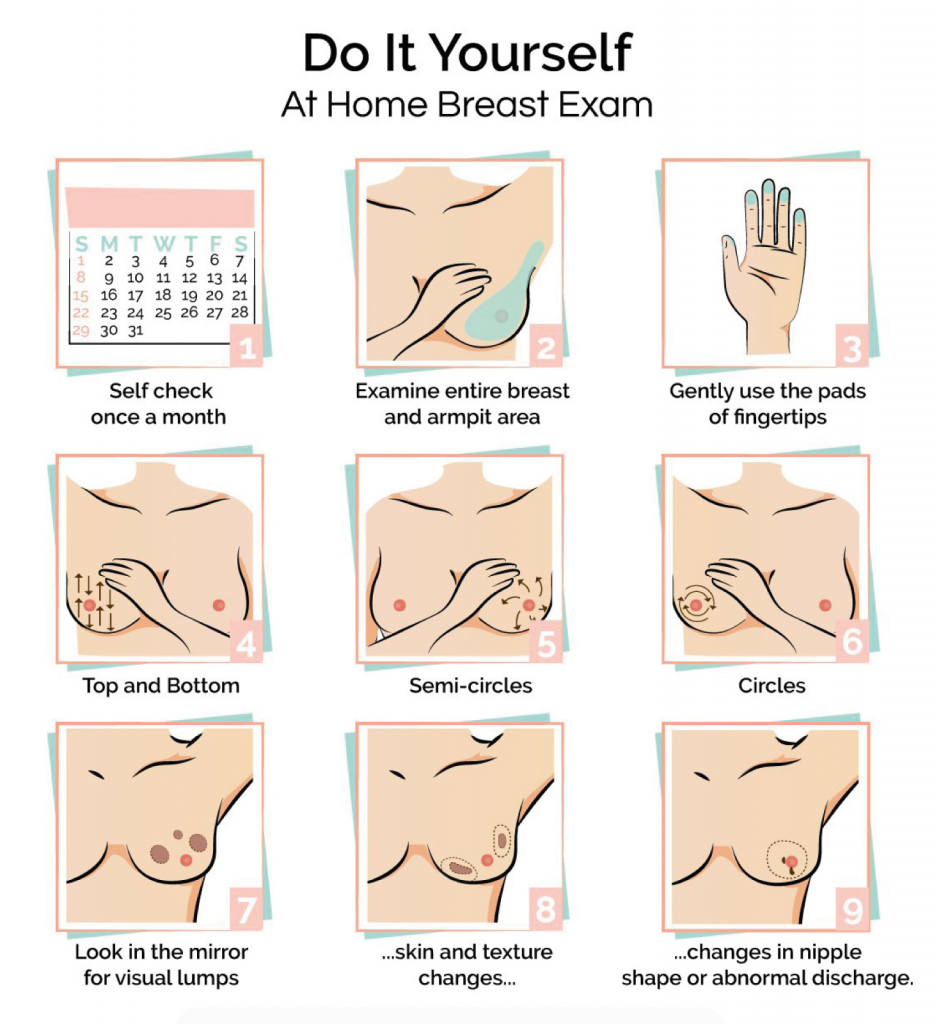
When examining the breast, there are important warning signs to look out for, these include:
- New lump in the breast or underarm (armpit).
- Thickening or swelling of part of the breast.
- Irritation or dimpling of breast skin.
- Redness or flaky skin in the nipple area or the breast.
- Pulling in of the nipple or pain in the nipple area.
- Nipple discharge other than breast milk, including blood.
- Any change in the size or the shape of the breast.
- Pain in the breast.
If any of these are detected, please visit your family doctor immediately for further tests and investigations.
The American Cancer Society recommends the following screening intervals for mammograms in all women of average risk (that is if you don’t have a personal history of breast cancer, a strong family history of breast cancer, or a genetic mutation known to increase the risk of breast cancer):
- Women between 40 and 44 have the option to start screening with a mammogram every year.
- Women 45 to 54 should get mammograms every year.
- Women 55 and older can switch to a mammogram every other year, or they can choose to continue yearly mammograms. Screening should continue as long as a woman is in good health and is expected to live 10 more years or longer.
However, women who are considered to be high risk (many risk factors especially non-modifiable) should have breast MRIs from the age of 30.
Here in Botswana, breast cancer is the second most common cancer affecting our population. Therefore, it is of utmost importance that we keeping sharing awareness of this dreaded disease. The more educated people are the more we can take control of it and “FIGHT LIKE GIRLS”.
We have various organisations in our beautiful country that spread awareness, volunteer, host campaigns nationwide all in the name of breast cancer. For more information on how to get involved in this worldwide effort, visit the Cancer Association of Botswana (telephone 393 2948) or The Journey of Hope Botswana http://www.johb.org/.
“What Breast Cancer Cannot Do: It cannot cripple LOVE. It cannot shatter HOPE. It cannot corrode FAITH. It cannot destroy PEACE. It cannot kill FRIENDSHIP. It cannot suppress MEMORIES. It cannot silence COURAGE. It cannot invade the SOUL. It cannot conquer the SPIRIT.
Tell Breast Cancer to Step Aside… Together we fight. Together we win.”
This article is written in honour of all those fighting, those who lost the fight and those who survived breast cancer.
By YourBotswana writer:
Dr. Noorain Lottering-Kokabi, BMSc, MBBS (UWI MONA)
Born in May 1989, Dr Noorain hails from Gaborone Botswana. She completed her Pre-Med at the University of Botswana and went on to attain her BMSc and MBBS degrees at The University of The West Indies in Kingston Jamaica.
Having practised medicine in both the Caribbean and Botswana, she has been exposed to an array of conditions and ailments that have in turn widened her scope of expertise. She is also involved in multiple philanthropic projects that aim to equip youths with relevant life skills and tools they need throughout their lives.
A young, diligent, enthusiastic professional with a formidable hunger to continuously seek further knowledge, both in alternative and modern medicine, Dr. Noorain aims to better the healthcare in the communities she serves.
She currently works in community health providing first line care for the community as a whole. Her current position has enabled her to manage both common and complex cases. These cases range from the common cold/flu, bites to mental health, uncontrolled diabetes, hypertension, tuberculosis and HIV (along with the associated complications). Having worked in the Caribbean, Dr. Noorain is very familiar with the treatment of tropical diseases and severe symptoms that may arise from such diseases.
Dr. Noorain provides quality outpatient care ensuring that her patients are fully educated on their respective illness. After all a patient that is well educated on their illness is more likely to comply with medical protocols and prevention strategies, hence reducing potential mortality and morbidity statistics, which reflects a healthy and happier Botswana.
Dr Noorain is a young, career driven, passionate, culturally and medically diverse professional. She is excited about her collaboration with YourBotswana, hoping to use the platform to educate citizens and visitors alike on current health issues in Botswana.

